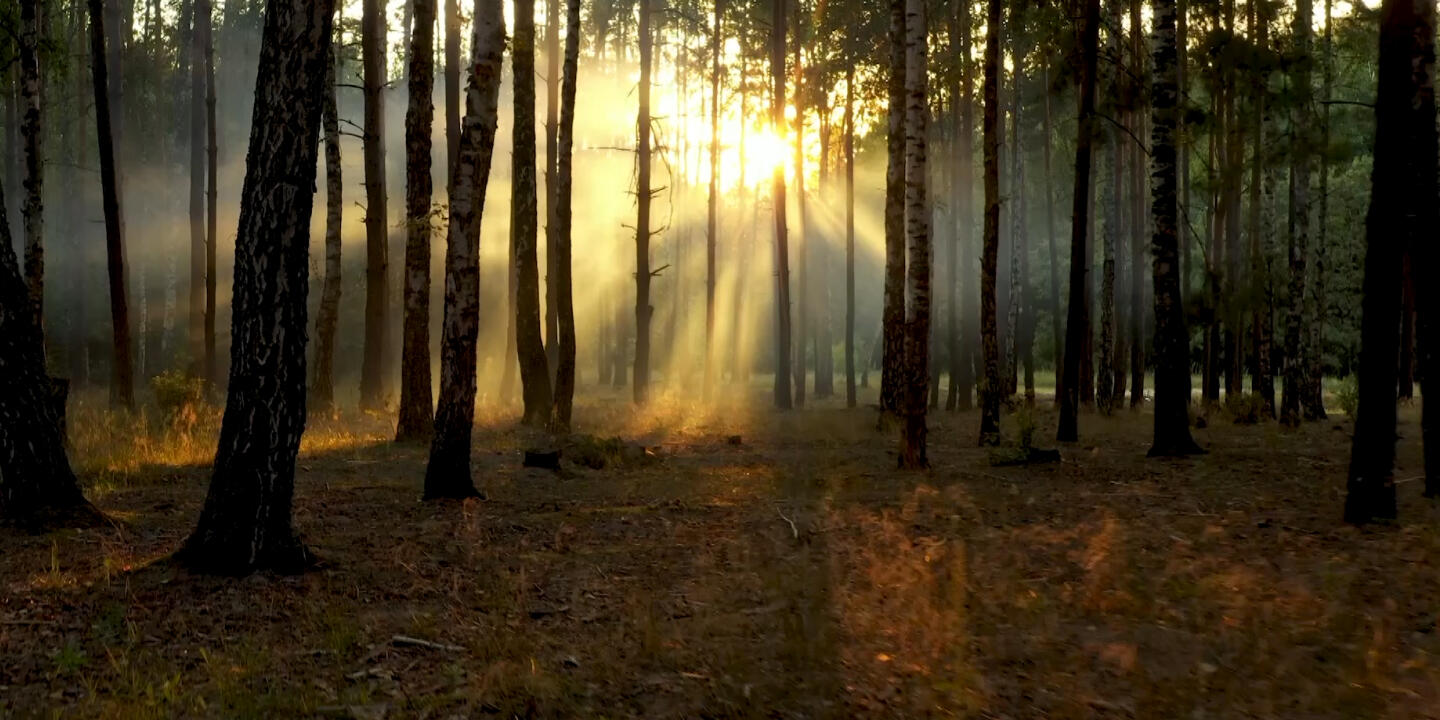為了紀念專門應對氣候變化的《巴黎協定》簽定5周年,The China Current 將會為大家呈獻一連三輯國際人權組織The Elders 主席 Mary Robinson 的專訪。我是James Chau,我與前愛爾蘭總統及前聯合國人權事務高級專員談到了她所期盼的氣候公義,以及可以幫助全人類解決這個問題的全球性方案。我們身處的時代隨時都有各種難題亟待解決,不過不管COVID-19 的疫情有沒有出現,這一刻我們的地球確實需要大家挽救。
歡迎 Mary Robinson 來到 The China Current。你出任主席的 The Elders 正呼籲全球領導人一同「強化、捍衛及實現」 這個多邊協議系統的巨大可能性,同時消滅當前人類正在面對的這些危機,包括氣候變化,包括核子衝突,當然還有 COVID-19 疫情。
謝謝你,James!再次見到你真太好了。我認為在氣候變化的問題而言,捍衛多邊協議體系即代表各國政府都需要展示他們全面支持及履行《巴黎氣候協議》。因此如果中國想真正實現《巴黎協定》的目標,就意味著它在未來幾年間必須努力爭取把二氧化碳排放的峰值拉平,然後致力在2030年之前顯著降低碳排放量。為此,需要由2020年開始不再新增對煤炭的使用量,並於2040年前逐步淘汰煤炭。然而我們都知道,目前這一切都尚未發生,中國的煤炭產能嚴重過剩,所以將來有可能出現資源閒置的危機。我們需要一些隨時可以投入生產的可再生能源項目,所以我覺得大家都樂於聽到習近平主席最近發表的講話,有關在2060年前實現碳中和的承諾,不過這個目標又與煤炭未來幾年出現的增長期互相對立,因此必須轉向可再生能源。
你一直在苦口婆心地警告世人忽視氣候變化的後果,情況其實有沒有出現任何的變化?我們現在面對的是COVID-19疫情,世界的議題有沒有因而受到影響?
是的,COVID-19 疫情對全球各地數以百萬計的年輕人和老人家而言是一場可怕的悲劇,是災難性的,不過它把人民和國家凝聚在一起。中國是第一個出現COVID-19疫情又是最早脫離疫情的國家。我認為中國可以用自身的經驗作為例子,在走出疫情、逐步復甦的過程中轉向可再生能源,淘汰那些碳密集的項目,這方面的領導地位可以啟發其他國家。一年前我去過日本,大約是去年10月,當時日本沒有任何減少使用煤炭的跡象。當我體會到當地對煤炭的依賴是如何根深柢固,了解到要作出改變有多大困難的時候,我感到挺沮喪的。因此當新任 (日本) 首相作出這個承諾的時候,我相信都是受到習主席講話所激勵。習主席的承諾令每一個聯合國大會的與會者吃一驚,我相信沒有人會預計到他會這樣宣布。這讓大家感到很振奮,你明白嗎?「好!」
你對中國有很深入的認識,多年來你通過很多不同的身份與中國人共事,為中國的人民服務。中國有14億的人口,因此在氣候變化的問題上地位非比尋常。至少在名義上,如果我們任由地球毀滅,中國的損失將會是最大的。而同時,隨著中國走向國際外交事務的核心,它將會扮演一個不同的角色。你認為中國下一步可以做甚麼?
對於一個我出奇地熱愛的國家能夠敞開大門總是一件很好的事情,因為我遇過很多了不起的中國人,我受到了他們的啟發,所以有機會接觸中國總會讓我感到很興奮。回說習主席在聯合國大會有關2060前達到碳中和的講話,它顯示了領導能力,也很值得嘉許。此刻大家更需要中國履行承諾,提出一個更加宏大的「國家自定預期貢獻」目標。我知道中國正在制定2021到2025年的第十四個五年規劃,寄望這個規劃可以成為中國領導綠色發展路向的延續。我知道這非常具有革命性,不過以中國在太陽能、風能開發上的領導地位,中國擁有改造全球的科技。
Part 1 – Realizing the Inspiration Impact
In honor of the fifth anniversary of the Paris Agreement to fight climate change, The China Current presents a special, three-part conversation with Mary Robinson, Chair of The Elders. I’m James Chau and I speak with the former President of Ireland and former UN Human Rights Commissioner about the climate justice she envisions for us all, and the global solutions to a global problem. We live in a time when priorities are rapidly shifting. But, with or without COVID-19, our planet needs saving now.
Mary Robinson, welcome to The China Current. The Elders, of which you are the Chair, have called on world leaders to "strengthen, defend and realize" the beautiful potential of the multilateral system. But also, to put an end to the crisis that we now face in climate change, in nuclear conflict and also of course COVID-19?
Thank you, James, it's great to see you again. I think on climate change, defending the multilateral system means that governments have to demonstrate that they fully back the Paris Climate Agreement and align with it. So, if China is to truly align with the goals of the Paris Agreement, this would mean committing to peak co2 emissions in a plateau sense over the next few years. And then commit to a meaningful decline in emissions by 2030, and then frankly no more new coal from 2020 and the phasing out of existing coal by 2040. And we know that that's not actually happening at the moment. China has quite a coal overcapacity, so there is the danger there of stranded assets in the future. But what we need is shovel-ready renewable projects, and I really do feel that President Xi's recent pledge on carbon neutrality before 2060 is very, very welcome. But it is incompatible with a boom in coal over the next few years and therefore there has to be a shift to renewable energy.
You've used your life to speak compellingly about the consequences of inaction on climate change. How's that going to change if at all, now that we have COVID-19 and the global agenda has shifted because of that?
Yes. COVID-19 has been a terrible tragedy for millions of people around the world young and old. It's devastating. But it's also brought people and nations together. And because China was the first to have the COVID and has come out of it so well and much earlier than others, I think China has an opportunity to lead by example, in its post-COVID recovery towards renewables and away from carbon-intensive projects. And that leadership will have an inspiration impact on other countries. I went to Japan about a year ago, I think in about October last year, there was no sign of Japan moving against coal. I was quite depressed to see how rooted in coal it was, and how difficult it would be. So, to have that commitment made by the new prime minister is setting... and I think it was incentivized by what President Xi said. President Xi's commitment, that surprised everyone at UNGA [UN General Assembly], I don't think anybody knew he was going to do that. And it kind of lifted people, you know, yes.
You know China very well, you worked with and for its people over many years, and in your different capacities. It's a country of 1.4 billion people, so it's an unusual position with regards to climate change. It has the most to lose on paper at least, if we irretrievably destroy our shared planet. But at the same time as it moves to the centre of foreign affairs, it has a different role to play. What would you say it could do next?
It's always good to have that potential of opening doors to a great country that I have a surprising fondness for. Because I met so many fantastic Chinese people and they really affected me, so it's always excites me to have an opportunity to get engaged with China. And, again, I come back to President Xi's announcement at the UN on carbon neutrality before 2060. That showed leadership and it does and has deserved praise. We now need China to follow up on its pledge to announce a more ambitious, nationally determined contribution. I also understand that China's preparing its 14th five-year plan that will be from 2021-25. The hope is this will follow a really good leadership, green development path. I'm aware that this is very transformative. But China is leading on solar, it's leading on wind. It has the technologies the world will need when we want to retrofit. It has the technology.
Join us on The China Current for this three-part video with Mary Robinson on realizing the inspiration impact, consigning fossil fuels to history, and ensuring that the commitments made under the Paris Agreement are achieved by all, for all. You can also hear the whole conversation on The China Current on your preferred podcast provider. I’m James Chau, thank you.

